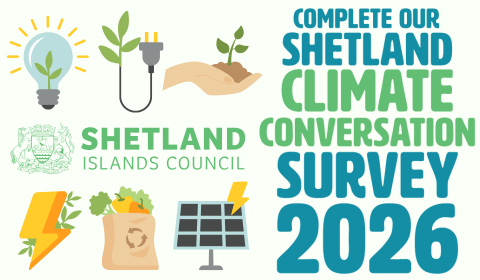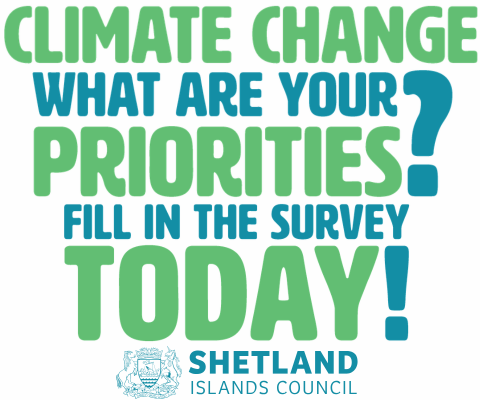Community / Food from the Sea – an attempt to overcome ‘fuzzy thinking’
HOW DOES one encourage and facilitate meaningful public debate in a world increasingly dominated by social media toxicity, where opposing views are either shouted down or suppressed by algorithms?
That is a big question, and certainly not one that can be resolved by one book launch in Lerwick alone.
However local author and former seafood executive John Goodlad is determined to contribute to tearing down those silos “we are all in now shouting at each other”.
His subject matter is the value of highly nutritious Food from the Sea, which is produced with a low carbon footprint and yet has had, and continues to have, a bad press among some environmental campaigners and radical NGOs.
Writing Food from the Sea was triggered mainly by the bitter dispute over the introduction of Highly Protected Marine Areas (HPMAs) in the seas around Scotland.
That was a debate that, in Goodlad’s own words, was ill-informed and emotionally charged and “could have had permanent and fundamental impacts in coastal and island communities”.
A second trigger was the decision by the Canadian government to ban all salmon farming in British Columbia, which did not make any sense economically and environmentally, he said.
So he went on a journey to speak to fishermen and fisherwomen, campaigners and seafood innovators for some “proper debates and discussions”. Food from the Sea: The Future of Seafood is the account of that journey.
He didn’t hit it off with Ariane Burgess, the Green Highlands and Islands MSP who was most vocal in support of HPMAs, but surprised himself by how well he got on with Guardian columnist George Monbiot, a fierce critic of the fishing industry.
They met in a vegan café near Convent Garden in London and got straight into business discussing the difference of marine science and marine ecology, bottom trawling, the deforestation of the Highlands and whether veganism could save the world.
Become a member of Shetland News
They had a courteous discussion and afterwards understood each other’s perspective and the validity of their arguments much better, Goodlad recounts.
“Our conversation was the kind of dialogue that is now lacking between the seafood industry and the radical NGO movement,” he writes.
“Polite discourse between both groups has been replaced by loud and angry exchanges. Each side seems to prefer the comfort and familiarity of its own rhetoric.”
When speaking to Shetland News earlier on Monday, Goodlad refers to that meeting and cites Monbiot’s aversion to “fuzzy thinking”, an attribute to people who mean well but fall victim to “simple slogans”.
“I learned a lot from our discussions, and I hope he [Monbiot] learnt something as well,” he said.
“We only advance as a society when we expose our minds to different prospectives and then everything evolves.
“There is a comfort in going with the prevailing narrative, and the prevailing narrative is closing 30 per cent of the oceans, bottom trawling is all bad and fish farming should be banned, and here is a book challenging this narrative.
“It needs more people to sit down and accept that proper dialogue is required, there are far too much of emotional driven debates.”
More of that dialogue can be listened to during tomorrow (Wednesday) night’s book launch when Goodlad will speak to Claire White in the Shetland Museum and Archives, starting at 7pm.
Food from the Sea: The Future of Seafood by John Goodlad is published by The Shetland Times Ltd priced £9.99.
Become a member of Shetland News
Shetland News is asking its readers to consider paying for membership to get additional perks:
- Removal of third-party ads;
- Bookmark posts to read later;
- Exclusive curated weekly newsletter;
- Hide membership messages;
- Comments open for discussion.
If you appreciate what we do and feel strongly about impartial local journalism, then please become a member of Shetland News by either making a single payment, or setting up a monthly, quarterly or yearly subscription.

























































